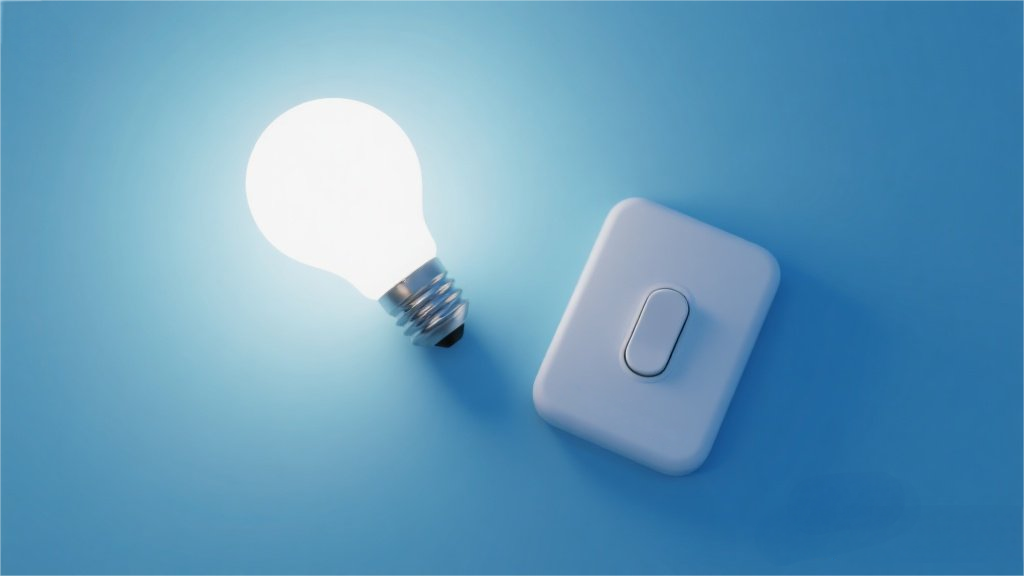Anxiety and sleep issues often go hand in hand, especially when stress starts creeping in during those formative teenage years. If you’ve ever found yourself wide awake at 3 a.m., heart pounding, brain spinning with worries about school, relationships, or life in general, you’re not alone. For me, the struggle began at 13, and the solution—though simple—became a lifelong tool for calming my restless mind and drifting back to sleep. Turns out, there’s actual science behind why repeating a calming phrase works, and sleep experts agree that personalizing your nighttime routine is key to better rest.
The Science Behind Sleep Mantras
When anxiety hijacks your brain at night, it’s usually because your fight-or-flight response has kicked into overdrive. Your body doesn’t know the difference between a legit threat (like a bear outside your tent) and an irrational one (like stressing over a work email you forgot to send). That’s where sleep mantras come in. Repeating a soothing phrase—whether it’s "I’m safe," "This too shall pass," or even something as simple as "Breathe in, breathe out"—acts like a mental reset button. It shifts your focus away from racing thoughts and gives your nervous system a signal that it’s okay to relax. Dr. Dasgupta confirmed that this technique falls under the umbrella of cognitive behavioral therapy for insomnia (CBT-I), which helps retrain your brain to associate bed with sleep, not stress.
Why Personalization Matters
Not everyone’s sleep puzzle looks the same. Some people swear by white noise machines, others need complete silence. Some drift off best in a chilly room under a weighted blanket, while others prefer the comfort of a warm hug from a fluffy duvet. The key is experimenting to find what clicks for you. Dr. Dasgupta emphasized that consistency is crucial—your brain thrives on routine. If repeating a phrase helps you unwind, make it part of your nightly wind-down ritual. Pair it with other sleep-friendly habits, like dimming lights an hour before bed or avoiding caffeine after noon, to maximize the effect.
Beyond Mantras: Other Tools for Anxious Sleepers
If mantras aren’t your thing, don’t sweat it. There’s a whole toolbox of strategies to try. Progressive muscle relaxation (tensing and releasing each body part from toes to head) can physically melt away tension. The 4-7-8 breathing method (inhale for 4 seconds, hold for 7, exhale for 8) slows your heart rate and tricks your body into sleep mode. Even jotting down worries in a "brain dump" journal before bed can prevent them from haunting you at midnight. The goal? Find what makes your eyelids feel heavy and stick with it.
When to Seek Help
While DIY tricks work for many, chronic sleep struggles might signal a deeper issue. If you’re consistently clocking less than 6 hours, relying on sleep aids, or feeling exhausted no matter what you try, it’s worth chatting with a specialist. Sleep disorders like insomnia or sleep apnea often fly under the radar but can wreak havoc on your health. As Dr. Dasgupta put it, "Sleep isn’t a luxury—it’s a pillar of wellness, just like diet and exercise."
Fifteen years after that first panicked wake-up call, I’ve learned that sleep isn’t about perfection—it’s about progress. Some nights, the mantra works like magic. Others, I’m counting sheep till sunrise. But understanding the "why" behind the tricks (and knowing when to call in reinforcements) makes all the difference. So next time anxiety tries to steal your sleep, remember: you’ve got options. And hey, if all else fails? There’s always tomorrow night to try again.
























